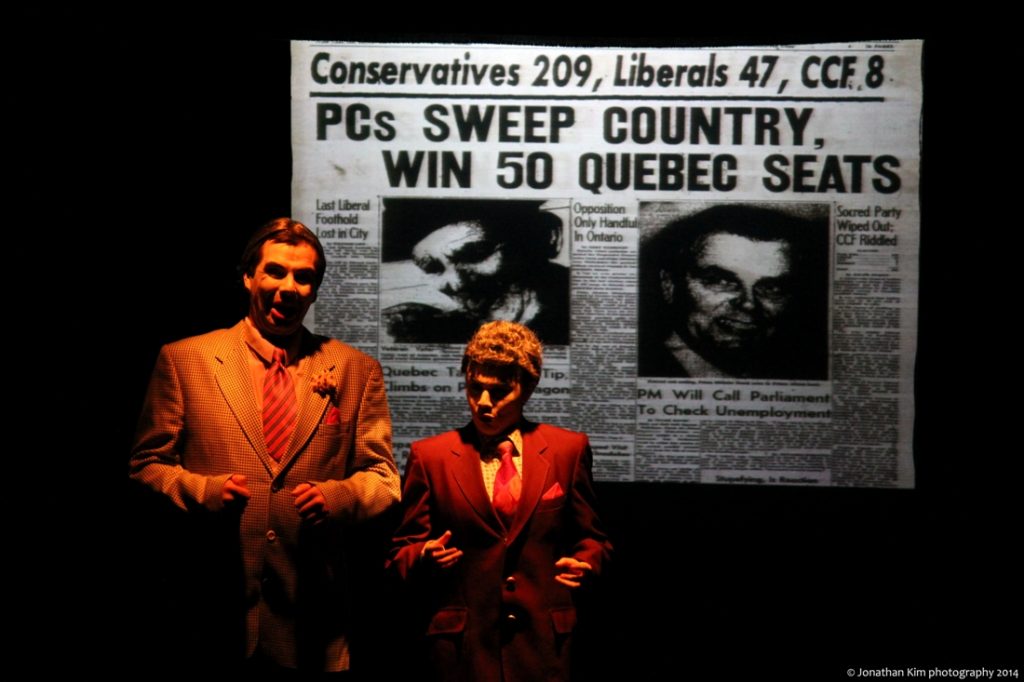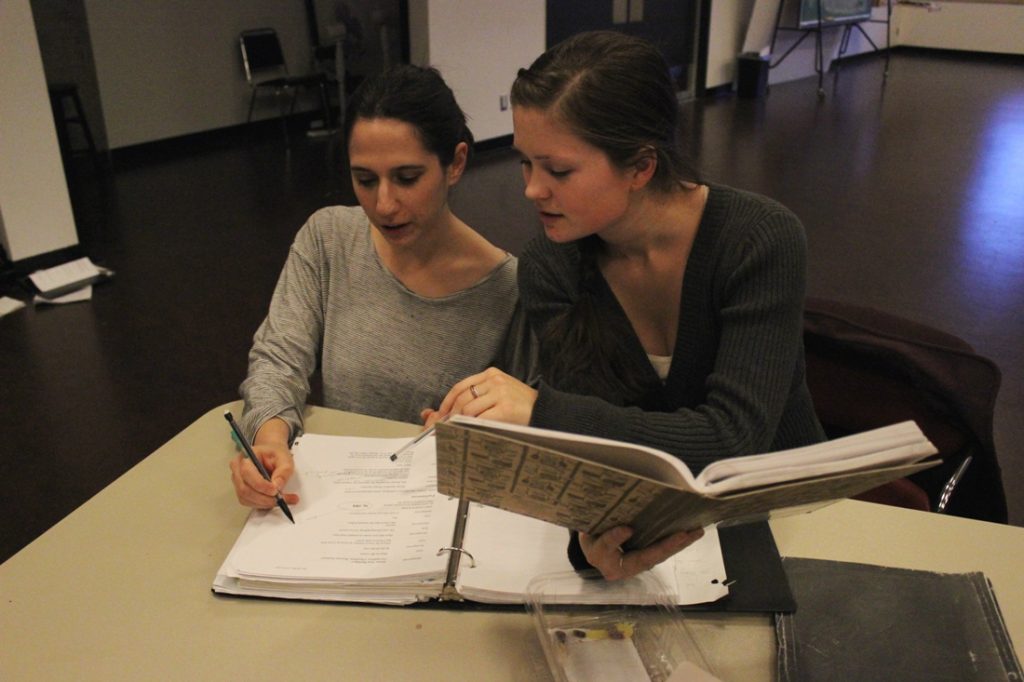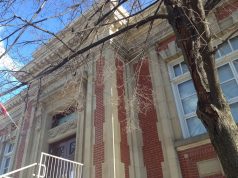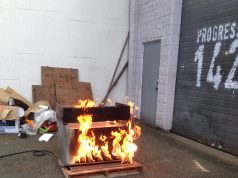
As a teenager, I always hated Canadian history. When I got to university, I enrolled in a Canadian history class and realized that, yup – still hated it. To me, Canada’s history was a long, boring tale of mosquitoes, beavers and old men. This all changed when I started studying theatre at Simon Fraser University’s School for the Contemporary Arts. Up until this point I had never realized just how young Canada’s theatre scene is.
While reading plays for a class on Canadian theatre, I began realizing that almost all of the Canadian playwrights we were studying were not only still alive, but still actively creating art. These superstars of Canadian theatre (can you be a superstar in Canada?) who were responsible for creating Canada’s theatrical traditions were all around me. I was no longer studying historical Canadian figures who only lived on in my history books, but could walk right up to my theatrical elders and shake their hands. Or at least get tickets to their shows. We would study instrumental artists such as Michel Lepage, Ronnie Burkett, Marie Clements, etc, and then I would open the newspaper the next day and see their latest show coming to town.
One such experience of working with my theatrical elders was working on our Spring 2014 Mainstage production of Michael Hollingsworth’s the Cold War. A group of us spent the fall preparing for the show by studying Hollingsworth and VideoCabaret’s jaw-dropping 21 play cycle on the history of Canada, the History of the Village of Small Huts. To help understand the history and politics in Hollingsworth’s plays, we also studied some of the work of Canada’s first poet laureate, George Bowering, including Stone Country: An Unauthorized History of Canada and Egotists and Autocrats.
It was incredibly exciting to be working on this project and using the work of these two legendary Canadian figures. But I have to say it – at first, I was terrified. I was asked to dramaturg the production by the director, DD Kugler. Kugler, who has google search results that include a video titled “On Teaching Excellence” and an Encyclopedia of Canadian Theatre entry that lists major theatre companies in over half of Canada’s provinces and territories. Dramaturging for one of the most accomplished dramaturgs in Canada? Of course I’ll do it! I’ll just be over in the corner in the fetal position…

What I learned in this show, and what I should have known already, is that the elders of Canadian theatre are some of the most loving and supportive people around. They are incredibly passionate about art and much of that passion manifests itself in encouraging the next generation, my generation, to join them. Throughout the process of working on the Cold War, we would receive updated script edits from Hollingsworth in Toronto (who was working on his own remount of one of the plays in his cycle, Trudeau and the FLQ). We also had a visit from Bowering who came to see our show.
I think what inspired me the most about this experience was working with Kugler, who valued everything I had to say as if I was (gasp!) a peer and not a student. Kugler often says “I may not have knowledge, but I have experience”. I find this a very important attitude to have; all we can ever do is bring our own experience to the table. It doesn’t matter if your experience is that of an elder with a resume long enough to fill a section in the Encyclopedia of Canadian Theatre, or that of a student just about to begin their career.
Recently, I overheard Kugler say to a student the other day, “my ignorance has never kept me from having an opinion!” While he meant it in jest, it’s another reminder that just because one might not be knowledgeable on a subject doesn’t mean that they can’t contribute to the conversation.









